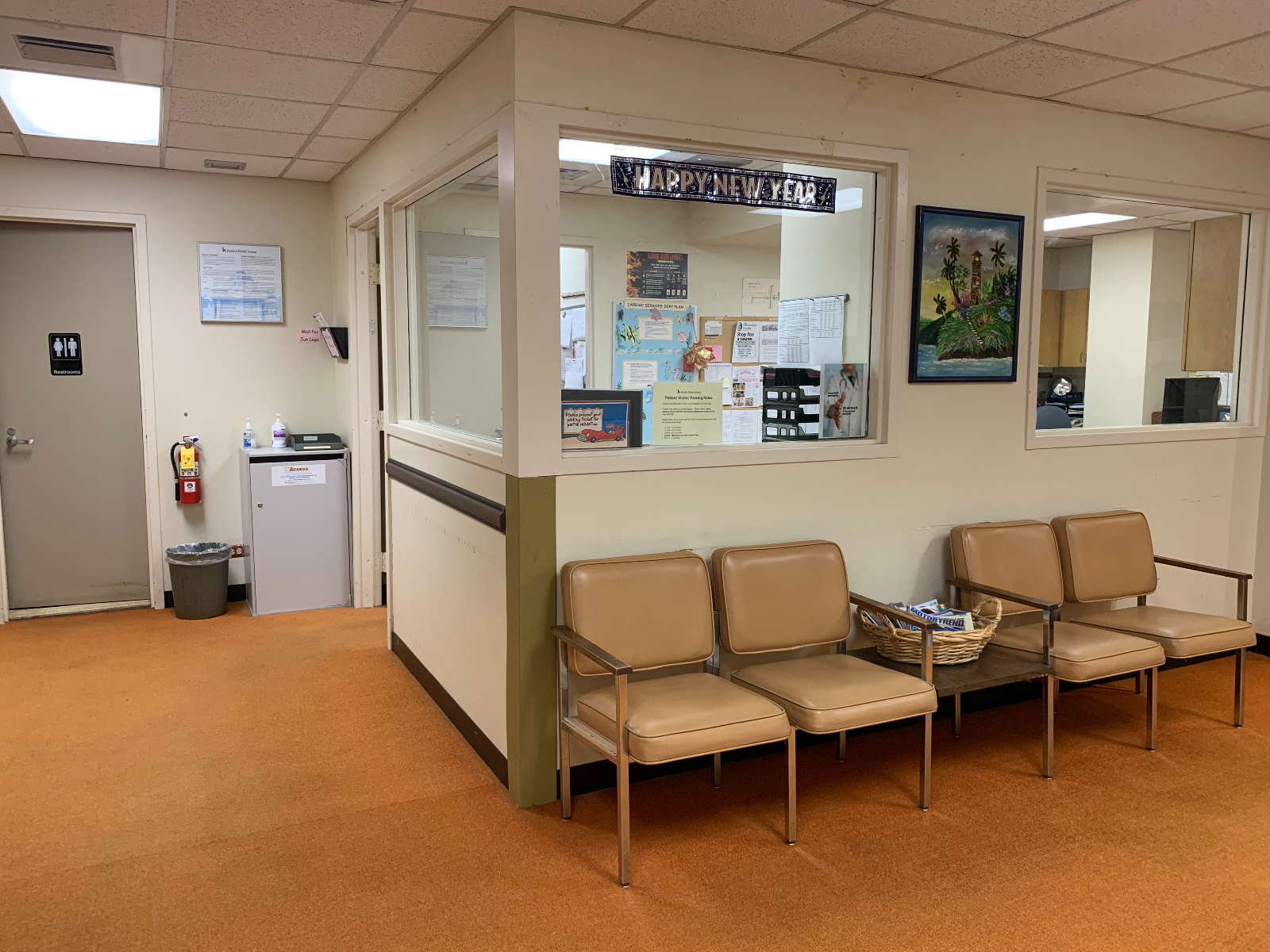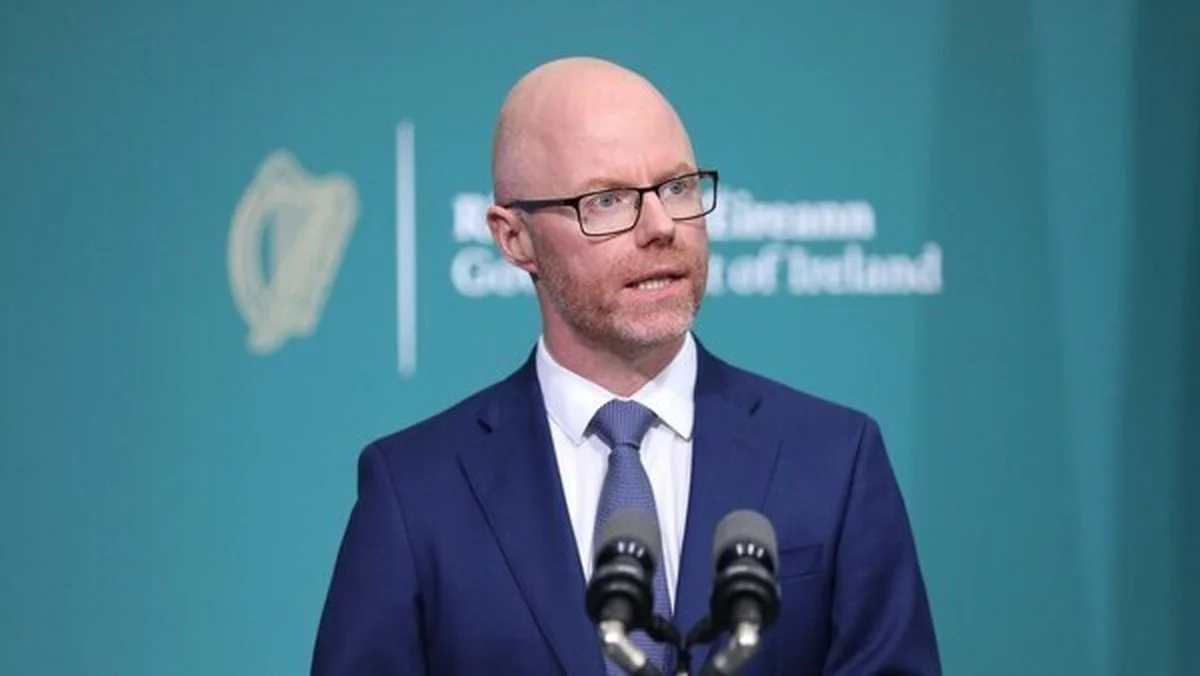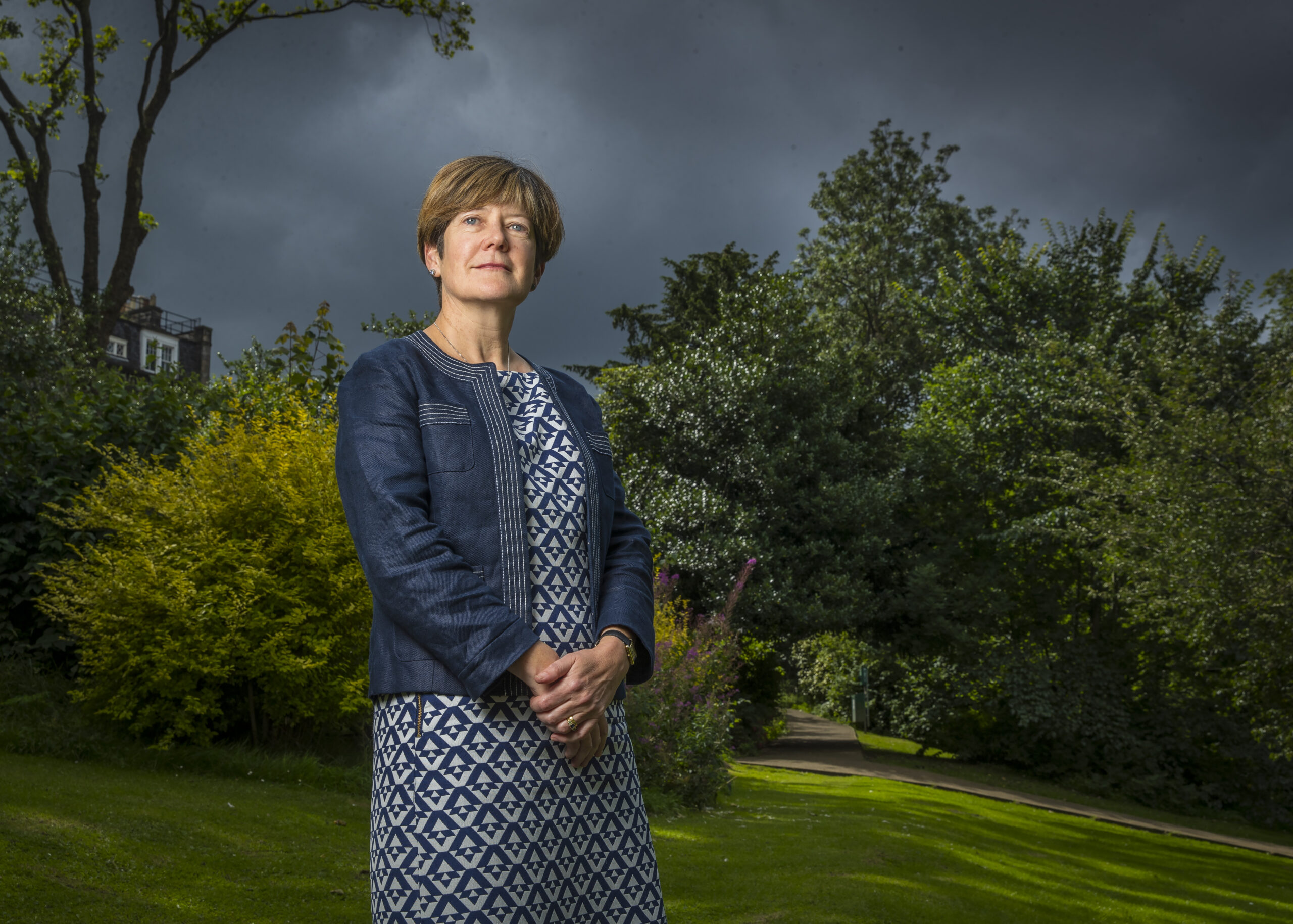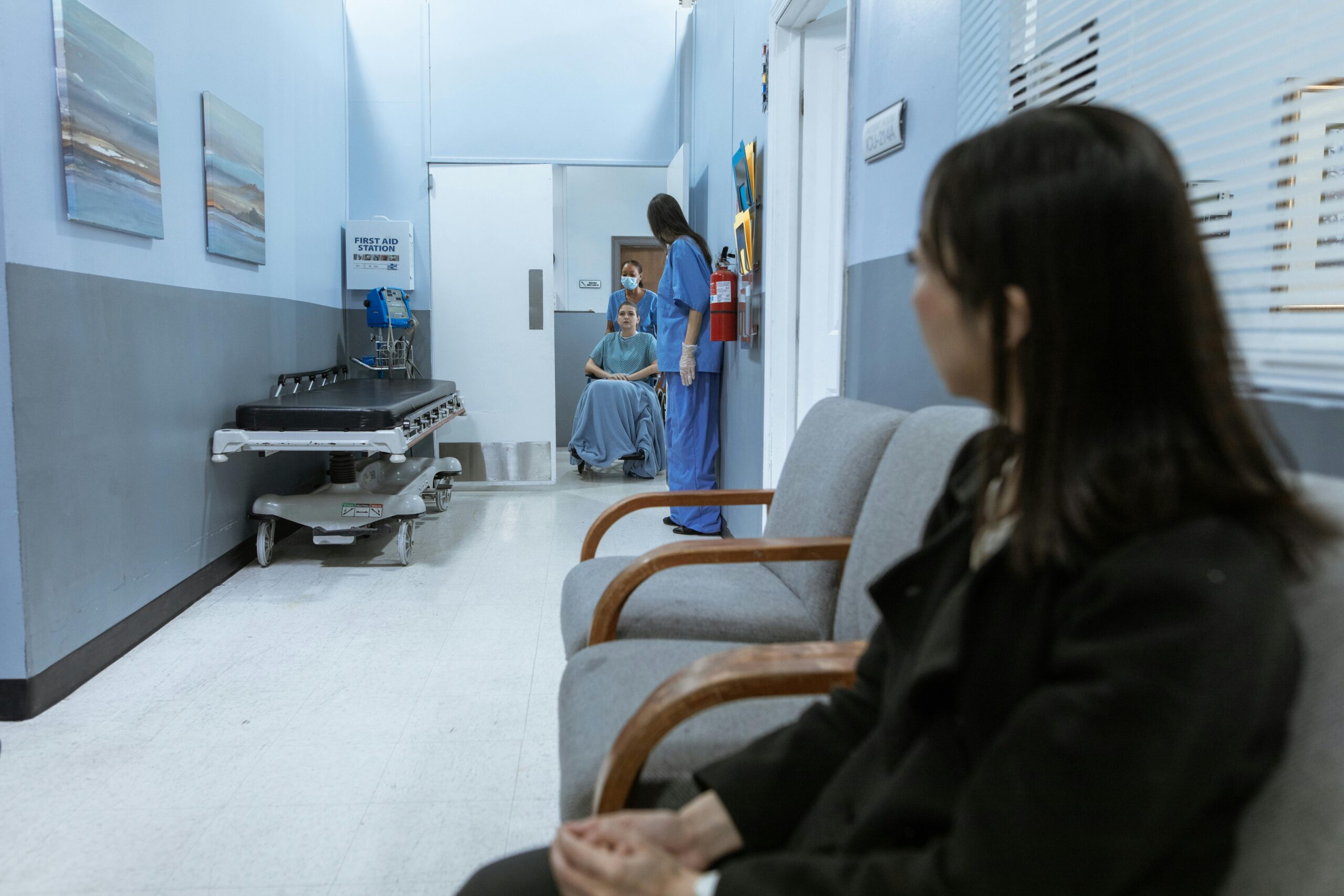IMO Warns of Devastating Impact of Covid-19 on Waiting Lists

The Irish Medical Organisation (IMO) has warned that Covid-19 will have a devastating impact on cancer services and waiting lists for years to come.
Speaking on the impact of the pandemic on cancer services Dr. Clive Kilgallon said:
In relation to diagnostics:
- In March and April 2020, during the first wave, rapid access clinics for breast and lung cancer saw referrals fall by a third and referrals for prostate cancer fall by half. While referrals have recovered, they remain significantly below 2019 levels particularly for lung and prostate cancer.
- Many patients also experienced delays in accessing services. In September 2020 just 60% of new patients attending Rapid Access Breast, Lung and Prostate Clinics were seen within the recommended timeframe.
- More recent figures show that for the first three months this year 450 people per month were not seen within the recommended 4 weeks for an urgent colonoscopy rose (compared to 15 per month pre-covid ).
In respect of treatment activity, Dr. Kilgallon said that the impact was also significant:
- Figures for 2020 show that activity in medical, radiation and surgical oncology services fell well below equivalent 2019 levels, despite the fact that demand for services is predicted to increase by 5% per annum.
- Chemotherapy activity in 2020 fell 12% below 2019 levels while radiation therapy fell 10% below and urgent cancer surgery cases in public hospitals fell 24% (although some of this decline may have been offset by surgery performed in private hospitals).
- Data gathered by the faculty of Pathology, in the March to June 2020 period, show that there were 668 (12.5%) less cancer resections performed.
Speaking about what should be done to tackle the issue, Dr. Denis McCauley called for:
- Investment in a national public health messaging campaign to:
- Help patients identify the signs and symptoms of different cancers.
- Encourage individuals to visit their GP at the first sign of symptoms.
- Attend for hospital appointments. These messages should be communicated widely.
- Reinstatement of National Cancer Screening programmes.
- Urgent and rapid expansion of access to diagnostic infrastructure including radiography, endoscopy and laboratory services.
- Increase the number of consultants across our services including specialists in Diagnostic and Clinical Radiology, Pathology. 1 in 5 consultant posts are unfilled or filled on a temporary basis, while between 1,600-2,000 additional consultants are required to meet current population needs.
- Increase capacity across the system including, staffed theatre space and additional ICU, inpatient and day case bed units.
- Invest in secure IT systems including investment in electronic health records and roll out of the unique patient identifier.
- Provide additional supports are required to support follow-on care in General Practice for cancer patients where appropriate.
Source: Irish Medical Orgnaisation
You might also like
Popular posts
Subscribe
For relevant updates on Emergency Services news and events, subscribe to EmergencyServices.ie









